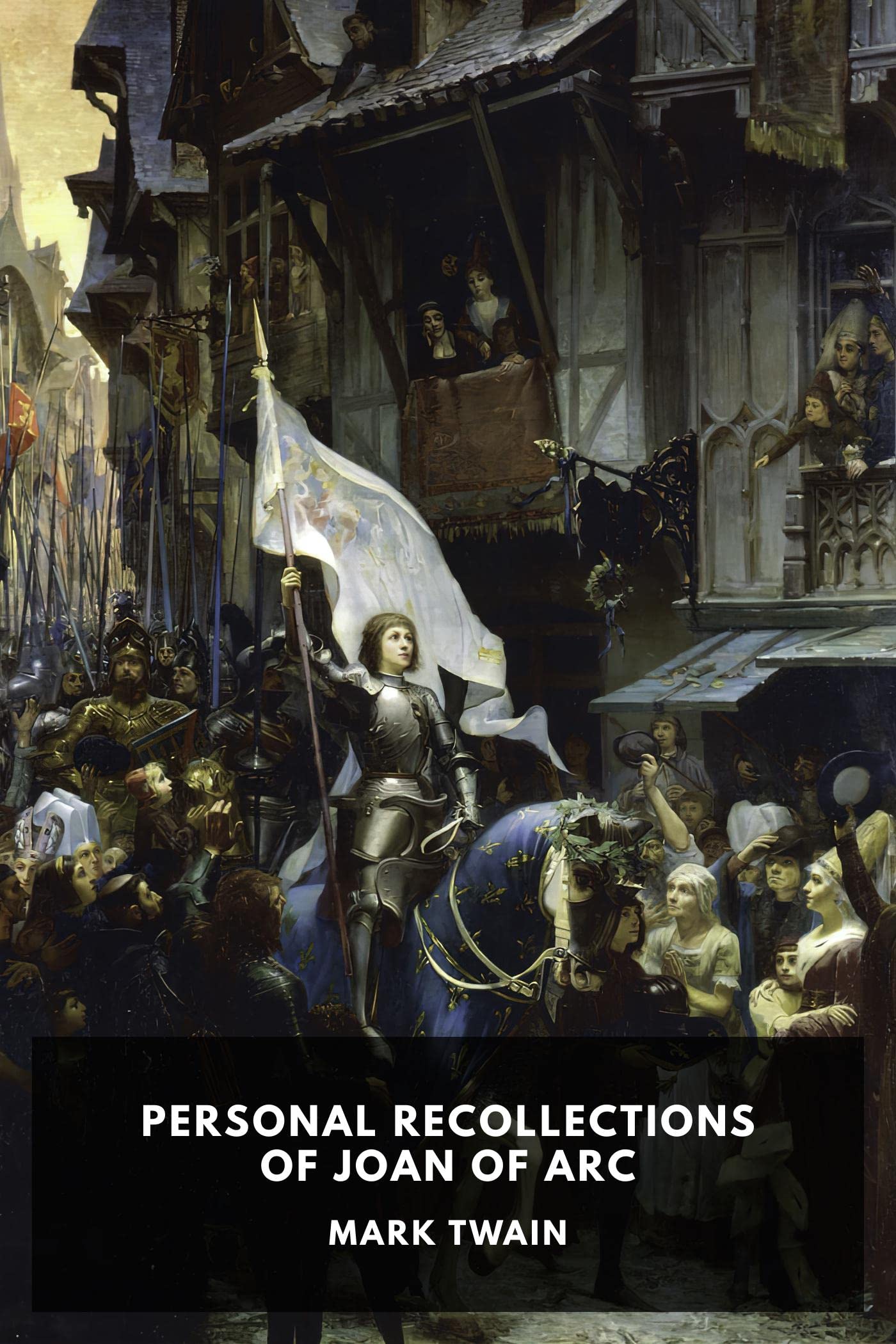What do you think?
Rate this book


503 pages, Kindle Edition
First published January 1, 1896

‘The King seemed to hesitate – in fact, did hesitate; for he put out his hand and then stopped with it there in the air over the crown, the fingers in the attitude of taking hold of it. But that was for only a moment – though a moment is a notable something when it stops the heartbeat of twenty thousand people and makes them catch their breath. Yes, only a moment; then he caught Joan’s eye, and she gave him a look with all the joy of her thankful great soul in it; then he smiled, and took the Crown of France in his hand, and right finely and right royally lifted it up and set it upon his head.’Surely Twain knew of the Divine right of kings, that all sovereigns ruled by God’s mandate. The king and/or queen’s authority was/is a political and religious doctrine of royal and political legitimacy, which is why the Bishop, Archbishop or occasionally even the Pope crowned the monarch as God’s representative. No medieval prince in his right mind would touch his crown before it was bestowed, much less put it on his/her own head. In 1802, Napoleon Bonaparte shocked the world in crowning himself and departing from this ancient tradition. But this was still 1429. (If you would like to see an excellent depiction of the scene in the French film, Jeanne la Pucelle (Joan the maid/virgin) check this out.

"The only true wisdom is in knowing you know nothing.”
Socrates

Of course I had been expecting such news every day for many days; but no matter, the shock of it almost took my breath away and set me trembling like a leaf. I suppose that without knowing it I had been half imagining that at the last moment something would happen, something that would stop this fatal trial: maybe that La Hire would burst in at the gates with his hellions at his back; maybe that God would have pity and stretch forth His mighty hand. But now—now there was no hope.
Monsier Louis Le Conte, in the ‘Recolection’, by Mark Twain.

